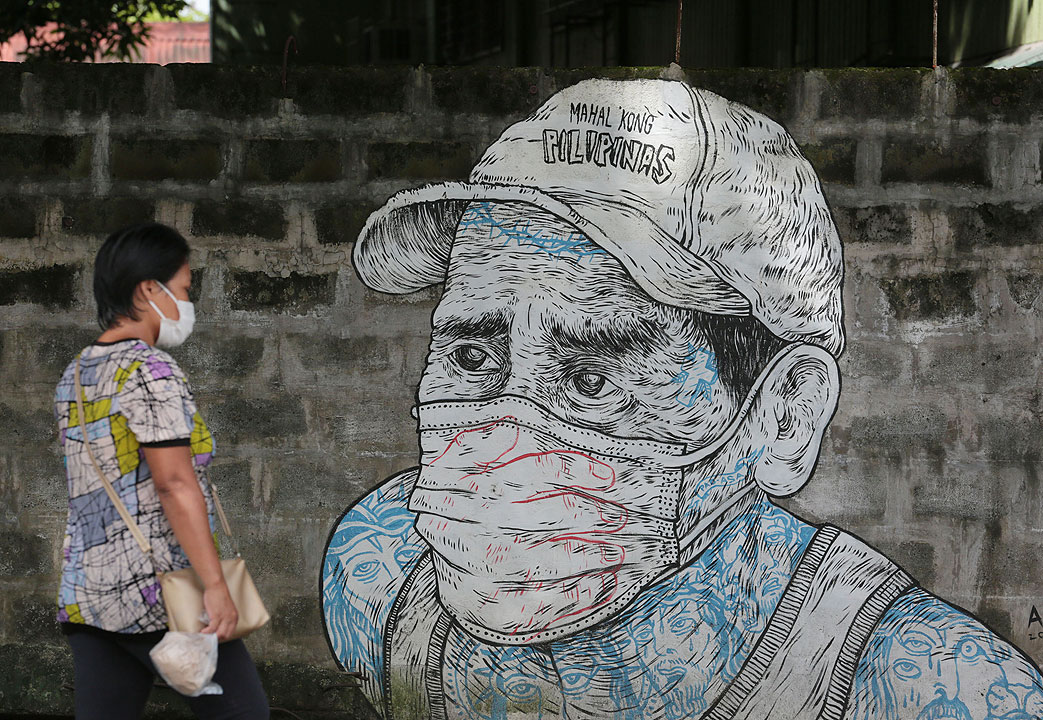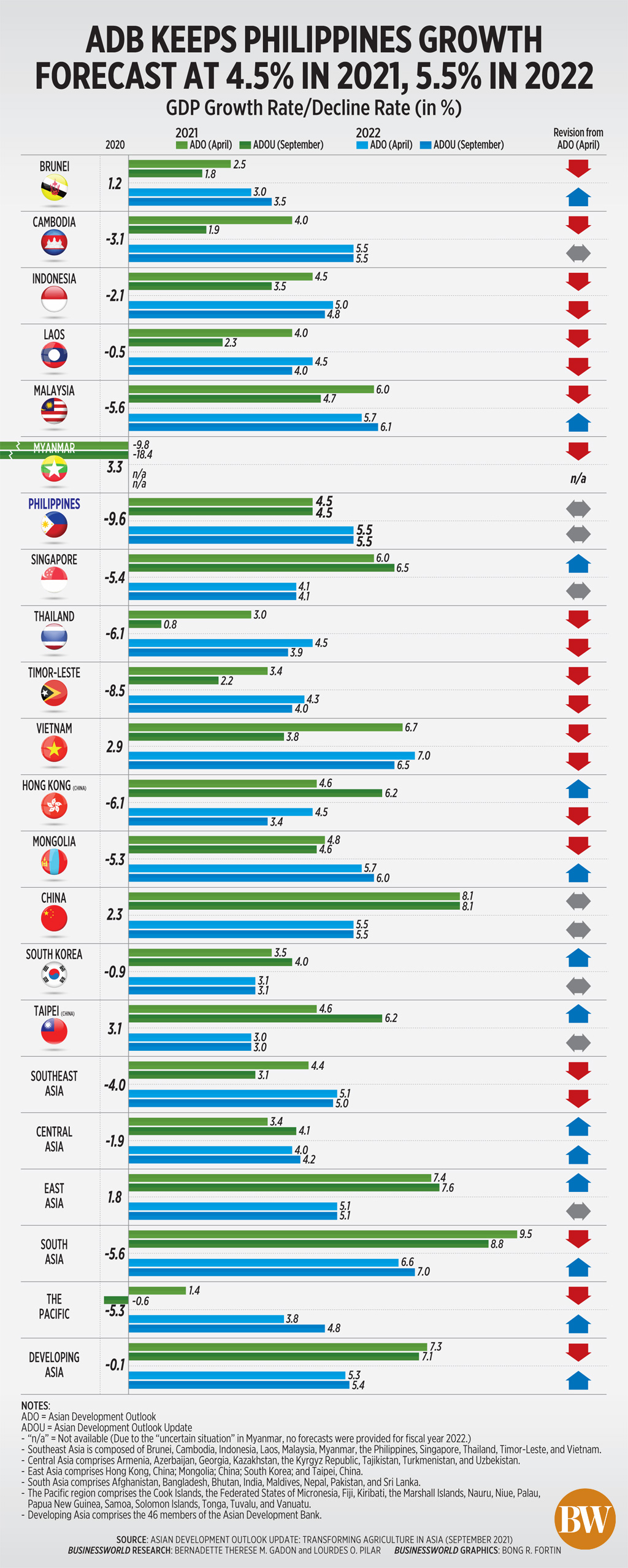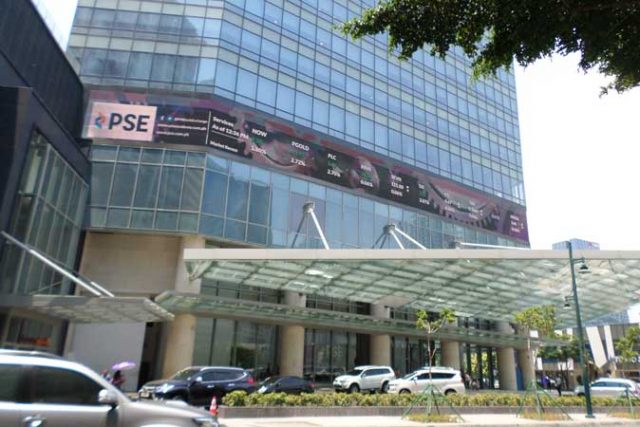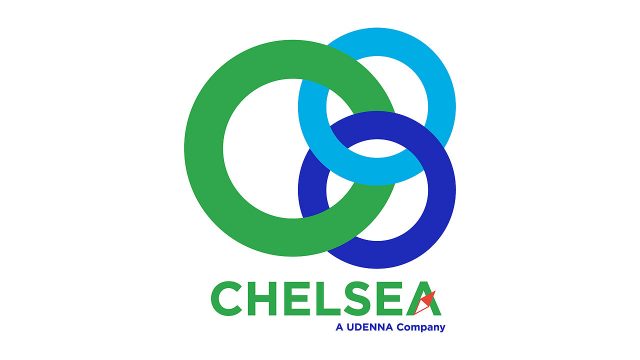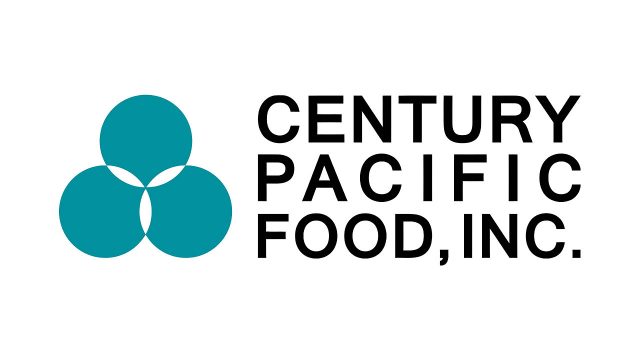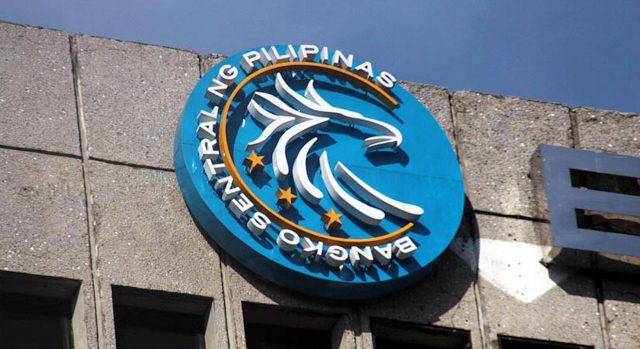House OK’s tax on digital services
By Russell Louis C. Ku
THE HOUSE of Representatives on Tuesday evening approved a bill that would impose a 12% value-added tax (VAT) on digital transactions in the country, which would affect global tech giants such as Facebook, Inc., Netflix, Inc., and Alphabet, Inc.
Voting 167-6 with one abstention, lawmakers approved House Bill No. 7425, which amend sections of the National Internal Revenue Code of 1997, on third and final reading.
The measure would impose a 12% VAT to digital sale of services such as online advertisements, subscription services, and supply of other electronic and online services that can be delivered through the internet such as mobile applications, online marketplaces, online licensing for software, and webcasts, among others.
It would also add a new section in the National Internal Revenue Code of 1997 that would require foreign digital service providers (DSPs) to collect and remit VAT for all transactions that go through their platforms.
However, it exempts books and other printed materials sold online along with online courses and webinars by accredited private schools from the 12% VAT.
Non-resident DSPs would be required to register for VAT if gross sales for the past year from the implementation of the proposed law have exceeded P3 million.
Registered non-resident DSPs providing services to the government would pay a lower VAT at 5% under the bill.
The proposed tax, if signed into law, could generate P10.66 billion in government revenues annually based on initial estimates from the Department of Finance.
The pandemic has accelerated the adoption of e-commerce, online streaming and other digital services in the Philippines.
Filipinos are also avid users of social media, averaging four hours a day, according to Statista Research Department. As of 2020, there are an estimated 78.5 million social media users in the Philippines, and this is expected to reach 91.3 million by 2026.
Reuters quoted a Google spokesperson as saying: “We comply with the tax laws in every country we operate in around the world including the Philippines, and will continue doing so as tax laws evolve.”
Gabriela Party-list Rep. Arlene D. Brosas voted against the approval of the measure, saying it is a tax burden that would be carried by ordinary Filipinos amid the coronavirus pandemic.
“Why do we insist on imposing these regressive tax measures when we can increase the taxes on rich families and top corporations,” she said.
Ms. Brosas along with legislators from the minority Makabayan bloc filed a bill seeking to slap a “wealth tax” of 1-3% on individuals with taxable assets of over P1 billion.
Finance Secretary Carlos G. Dominguez III said that the proposed wealth tax will drive capital out of the Philippines.



